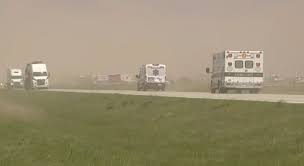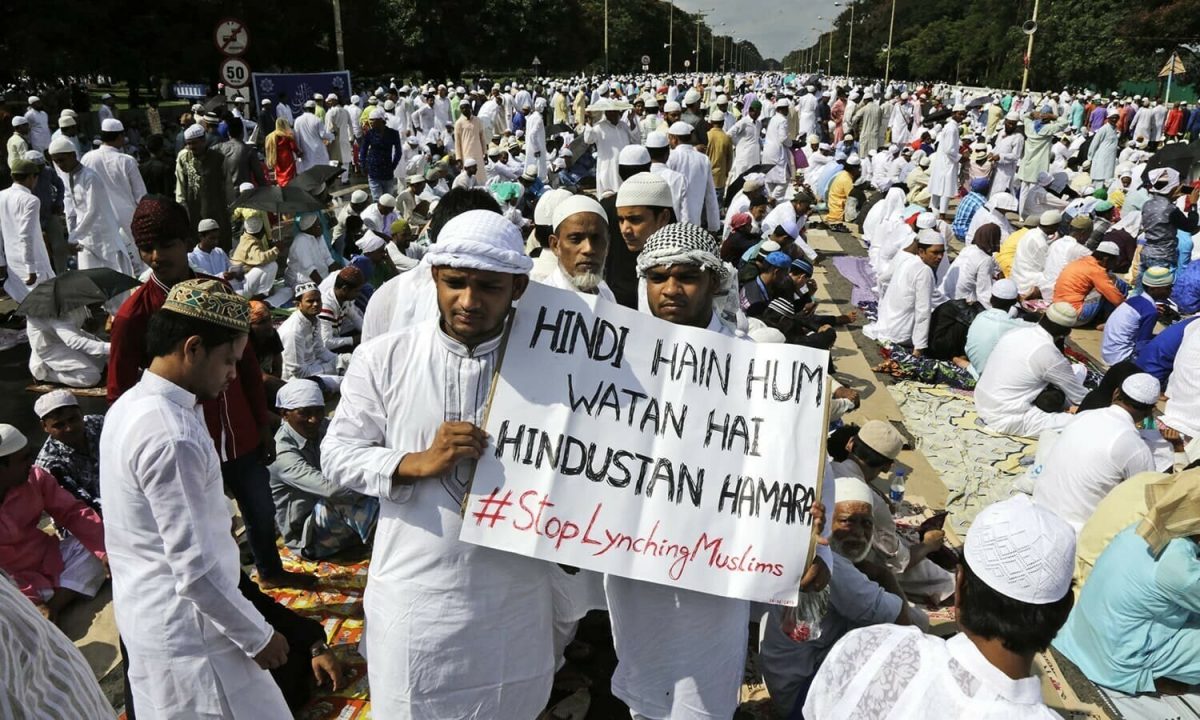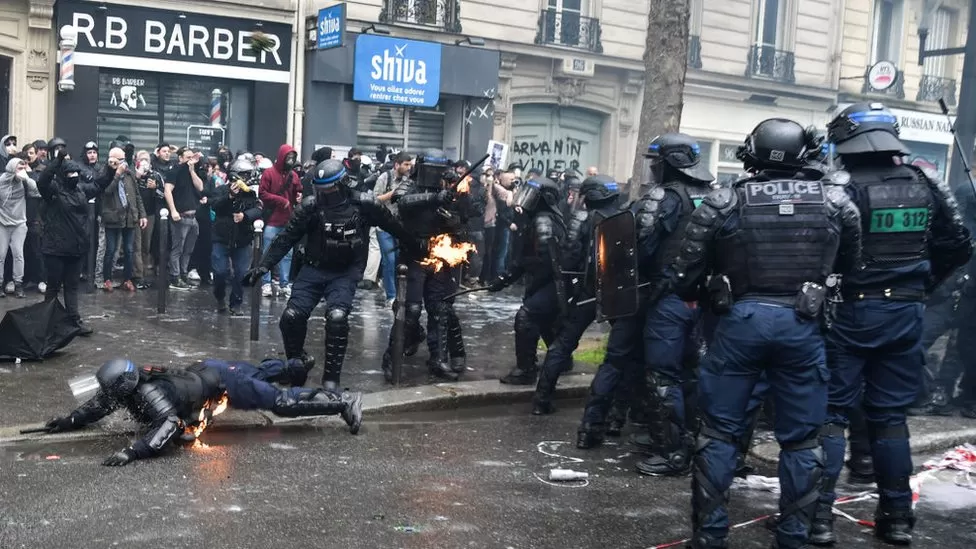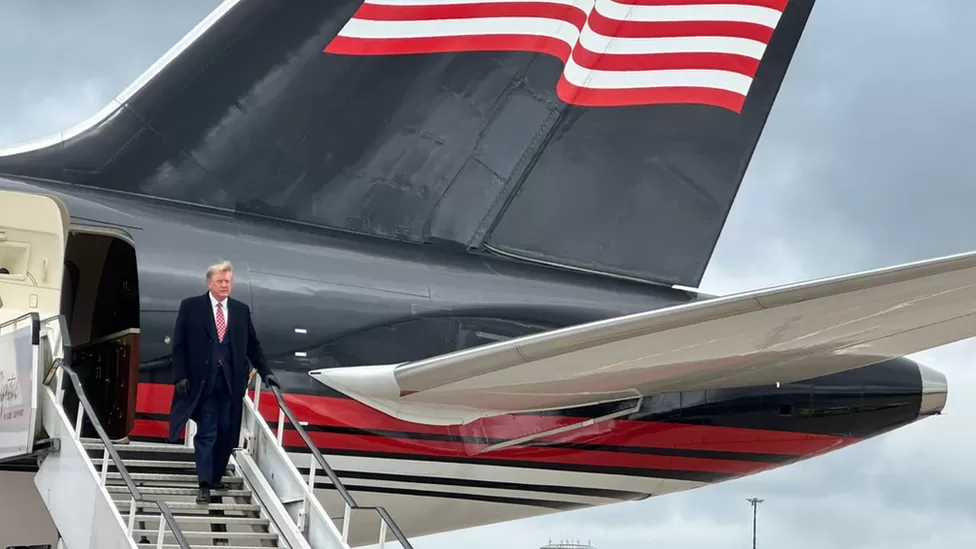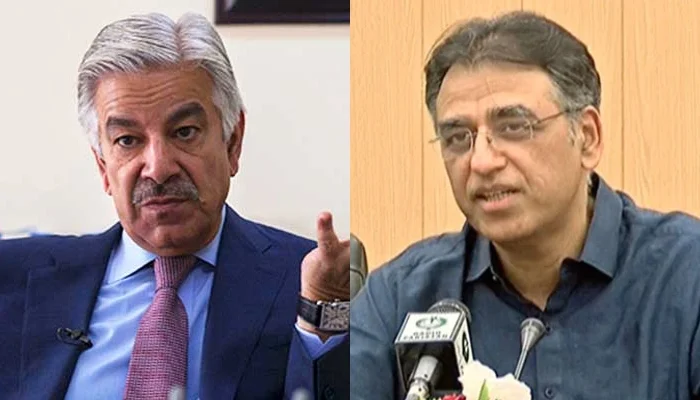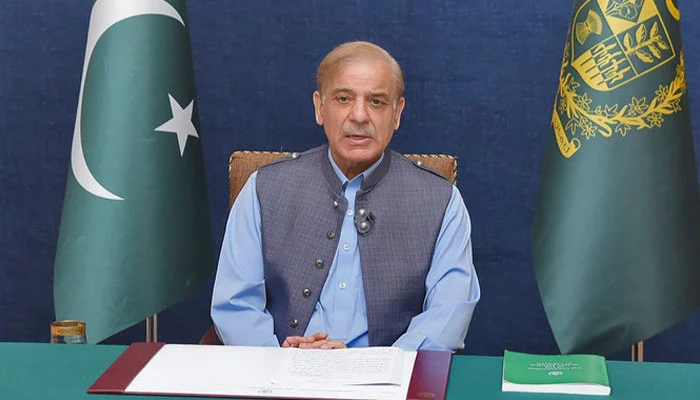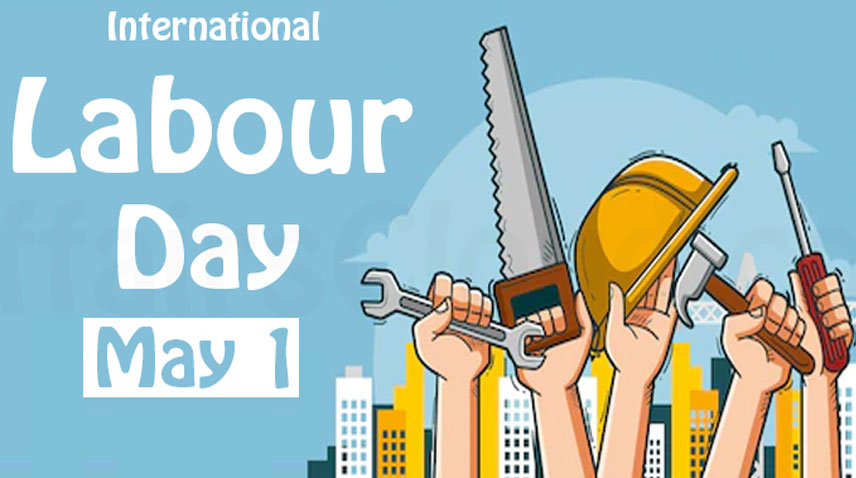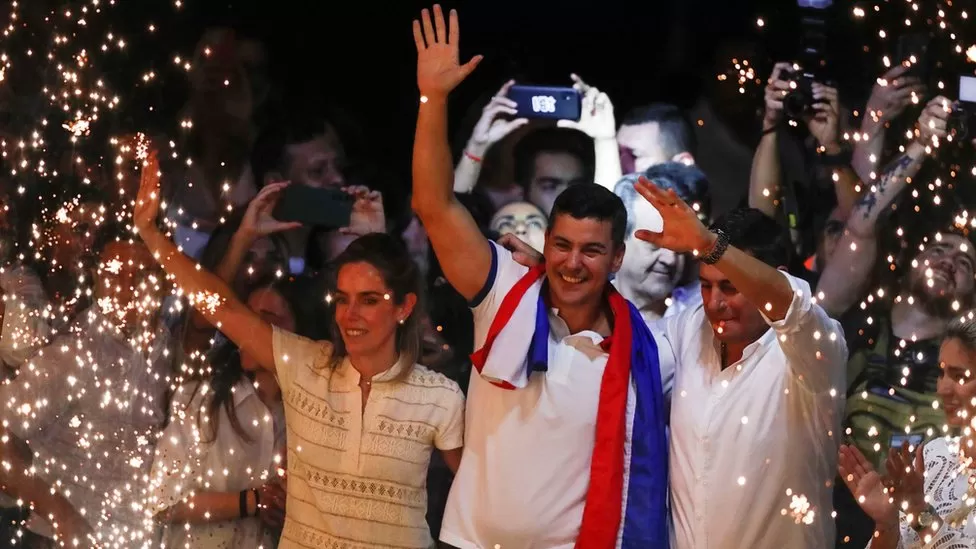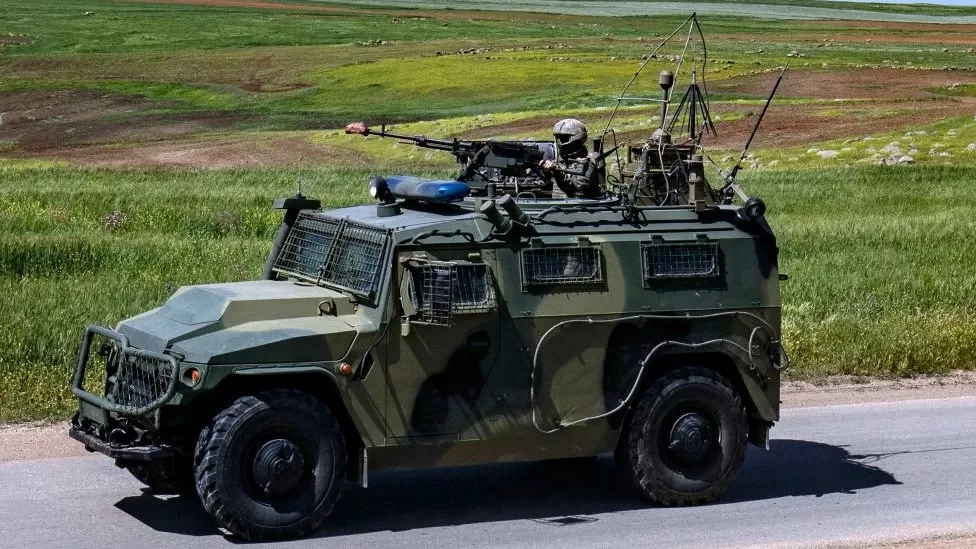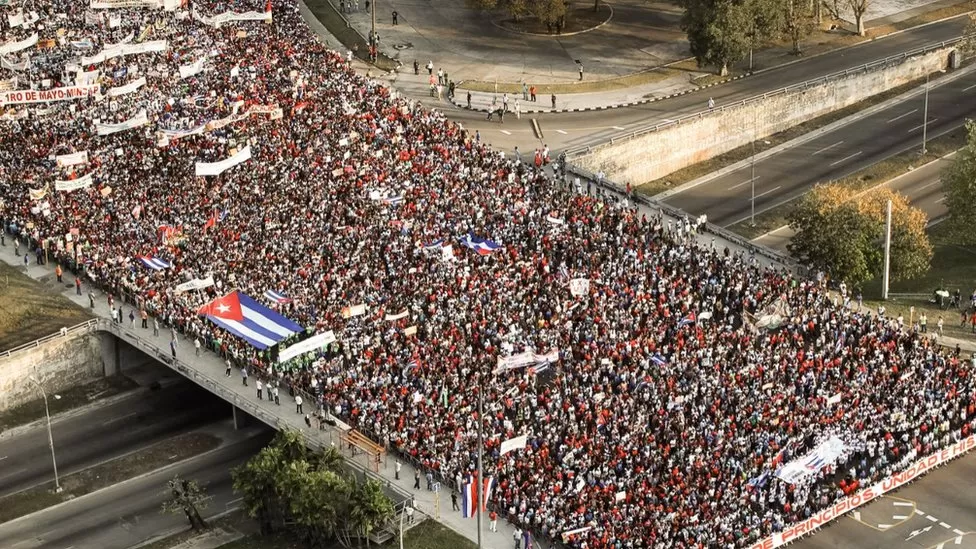The US Commission on International Religious Freedom, a bipartisan panel with a congressional mandate, designated 15 nations as countries of particular concern (CPC) in its 2023 report.
Besides India and Pakistan, the list also includes Afghanistan, Burma (Myanmar), China, Cuba, Eritrea, Iran, Russia, Nicaragua, Saudi Arabia, Nigeria, Syria, North Korea, and Tajikistan.
The designation can have serious consequences for a listed country, but the US administration does not always follow the commission’s recommendations. India has been on the list since 2019 but has never been designated. Washington fears that such an action could harm its efforts to build a close relationship with India for countering China.
The 2023 report not only reiterates its call for designating India but also urges the administration to review waivers given to four designated countries – Pakistan, Saudi Arabia, Tajikistan and Turkmenistan.
The recommendation for India notes that the treatment of religious minorities in India has continued to worsen under Prime Minister Narendra Modi.
The commission urges the administration to:
Designate India as a country of particular concern for engaging in “systematic, ongoing, and egregious violations of religious freedom”.
Advance human rights for all religious communities in India and promote religious freedom, dignity, and interfaith dialogue through bilateral engagement and in multilateral forums.
Condemn ongoing religious violations and support religious organisations and human rights groups targeted for their advocacy of religious freedom. Impose targeted sanctions on Indian government agencies and officials responsible for severe violations of religious freedom by freezing those individuals’ assets and/ or barring their entry into the United States.
Mr Modi was barred from entering the United States after 2002 riots targeting Muslims but the bar was lifted after he was elected prime minister. The commission urges the US Congress to:
Raise religious freedom issues in the US-India bilateral relationship and highlight concerns through hearings, briefings, letters, and congressional delegations.
The 2023 report points to violence and destruction of religious properties in India, particularly those of Muslims and Christians. It also refers to comments and social media posts by members of the Modi government, calling for targeting religious minorities.
“The continued enforcement of discriminatory laws facilitated a culture of impunity for widespread campaigns of threats and violence by mobs and vigilante groups,” the report notes.
The commission’s report on Pakistan calls for redesignating it as a “country of particular concern”, or CPC, for engaging in “systematic, ongoing, and egregious violations of religious freedom”. It demands lifting the waiver that allows the administration not to take otherwise legislatively mandated action under the designation.
The commission also calls for: Entering into a binding agreement with the Pakistani government to encourage substantial steps to address religious freedom violations with benchmarks, including but not limited to: Release blasphemy prisoners and other individuals imprisoned for their religion or beliefs; Repeal blasphemy and anti-Ahmadiyya laws; until such repeal, enact reforms to make blasphemy a bailable offense, require evidence by accusers.
The commission demands the removal of requirements for self-identification of religion on identity documents and recommends reforming educational textbooks, curricula, and teacher training materials.
The commission also calls for the release of religious prisoners of conscience in Pakistan, including Junaid Hafeez, Asif Pervaiz, Notan Lal, Zafar Bhatti, and Aneeqa Ateeq.


